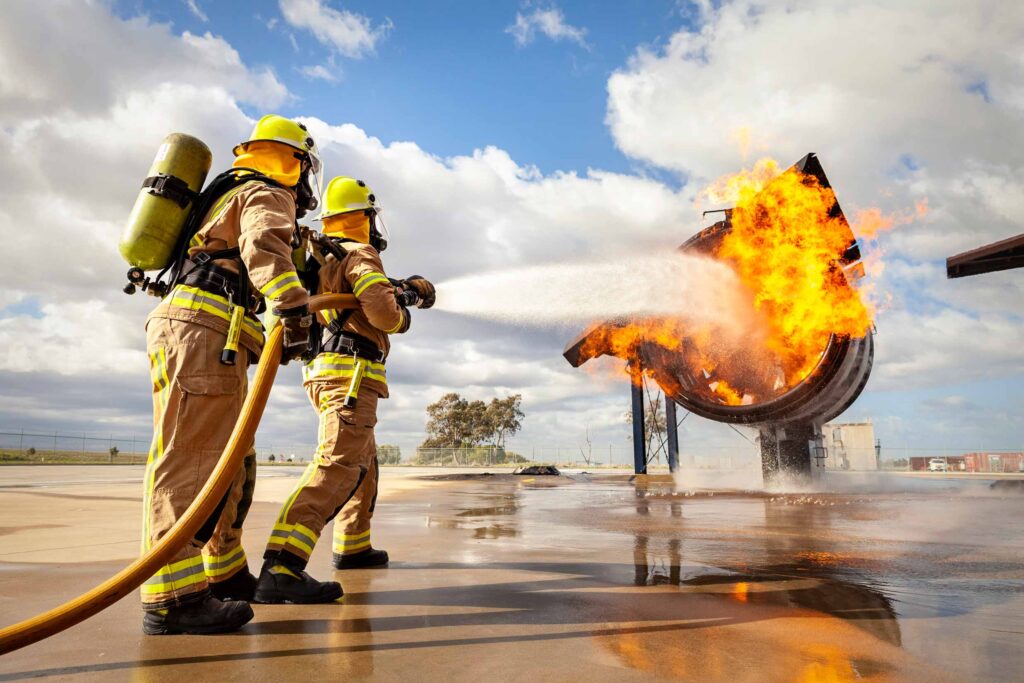When it comes to property ownership or rental, ensuring the safety of your electrical systems is not just a legal requirement but also a crucial step in protecting lives and property. Electrical Safety Certificates serve as a vital document to confirm that a property's electrical installations meet the necessary safety standards. Here, we delve into the importance, types, and processes involved in obtaining these certificates, especially in the context of UK properties.

What Is an Electrical Safety Certificate?
An Electrical Safety Certificate is an official document that verifies the condition and safety of a property's electrical installations. It is typically issued after an Electrical Installation Condition Report (EICR) has been conducted by a qualified electrician. The certificate confirms that the electrical systems are compliant with the BS 7671 standards, which are the UK’s wiring regulations.
Who Needs an Electrical Safety Certificate?
-
Landlords: In the UK, landlords are legally obligated to ensure that the electrical installations in their rental properties are safe at the start of a tenancy and maintained throughout.
-
Homeowners: While not a legal requirement for owner-occupied properties, obtaining an Electrical Safety Certificate is a prudent step to ensure safety and maintain property value.
-
Business Owners: Commercial properties also require regular electrical inspections to ensure the safety of employees and customers.
Why Are Electrical Safety Certificates Important?
-
Legal Compliance: For landlords, the Electrical Safety Standards in the Private Rented Sector (England) Regulations 2020 mandate an EICR at least every five years.
-
Tenant Safety: Faulty electrical systems are a leading cause of fires. Regular inspections and certifications help mitigate such risks.
-
Insurance Requirements: Some insurers require evidence of electrical safety compliance for claims related to electrical faults.
-
Peace of Mind: Knowing that a property’s electrical system is safe allows landlords, homeowners, and tenants to live and work without worry.
Types of Electrical Safety Certificates
-
Electrical Installation Condition Report (EICR): Evaluates the condition of electrical installations and identifies potential hazards.
-
Electrical Installation Certificate (EIC): Provided after the installation of a new electrical system, confirming compliance with safety standards.
-
Minor Electrical Installation Works Certificate: Issued for smaller upgrades or repairs to existing electrical systems.
How to Obtain an Electrical Safety Certificate
-
Hire a Qualified Electrician: Ensure the electrician is registered with a recognized body such as NICEIC or NAPIT.
-
Conduct the Inspection: The electrician will assess the condition of wiring, sockets, and appliances.
-
Review the Report: If the report identifies issues, you’ll need to address them before a certificate can be issued.
-
Receive the Certificate: Once all systems meet the required standards, the electrician will issue the certificate.
Cost of an Electrical Safety Certificate
The cost can vary depending on the size and complexity of the property. For a standard residential property, prices typically range from £150 to £250.
Conclusion
Electrical Safety Certificates are indispensable for ensuring the safety of a property’s occupants and complying with legal requirements. Whether you’re a landlord, homeowner, or business owner, regular electrical i
Comments on “Electrical Safety Certificates: A Comprehensive Guide”